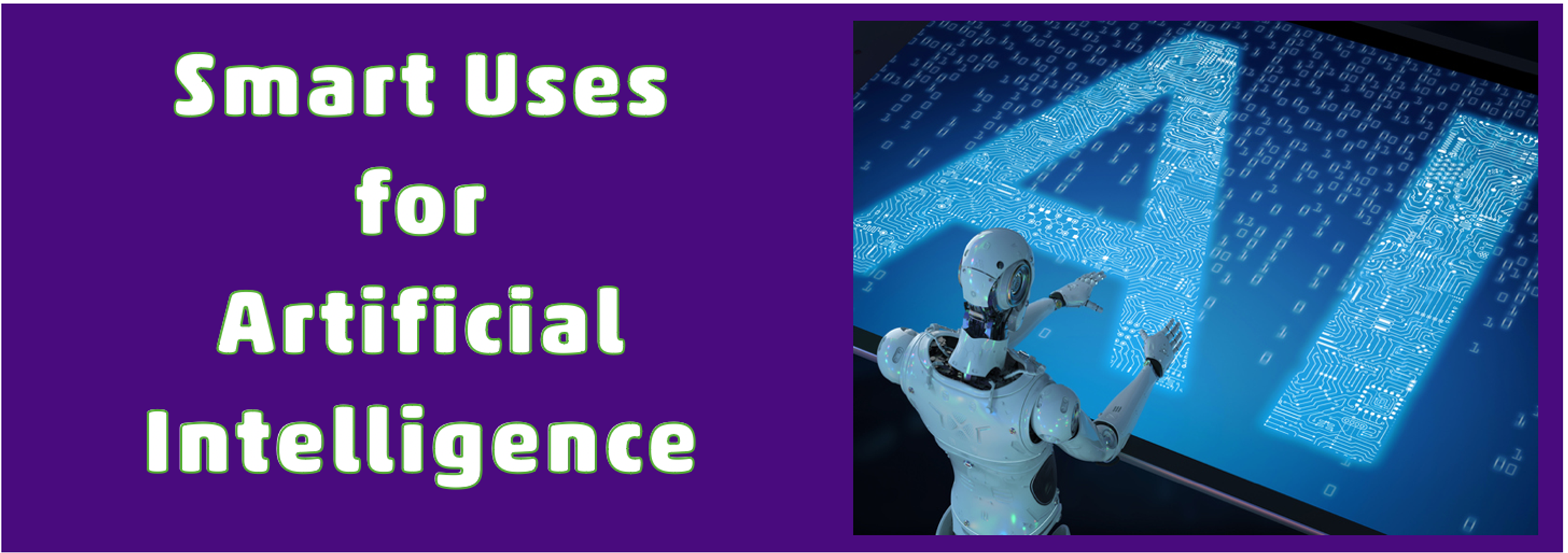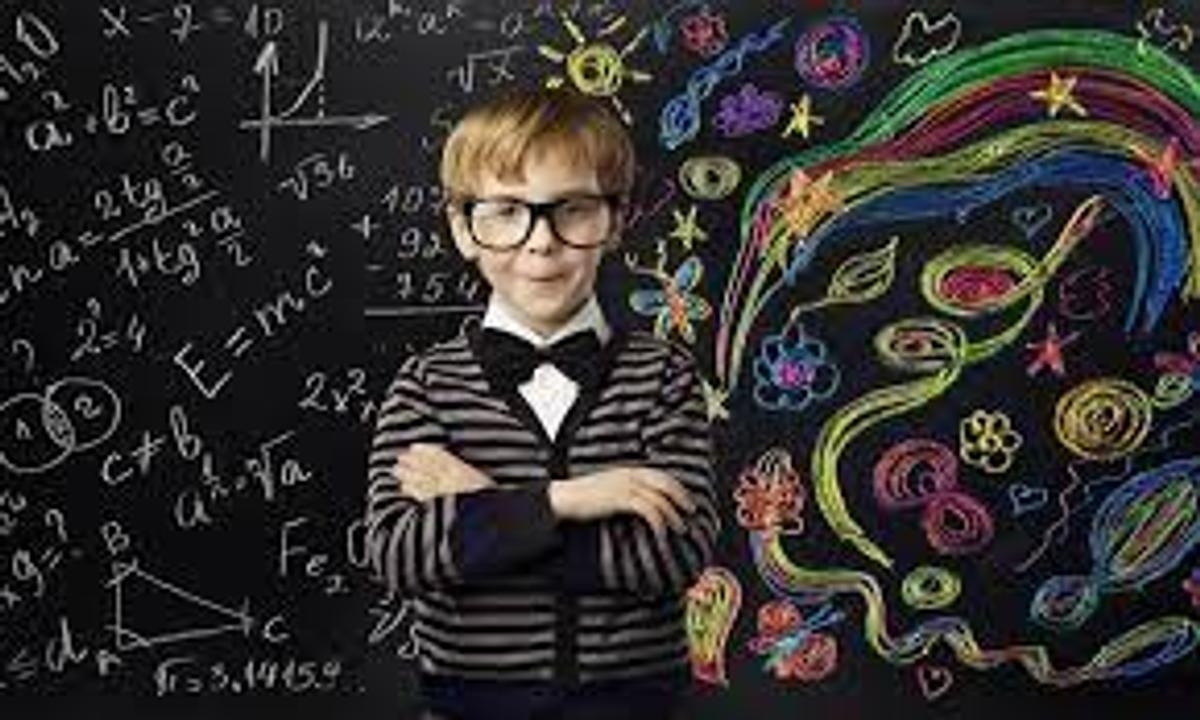The Technology Page:

The Human Advantage – Skills We Must Nurture in an AI World:
Based on the work of John Spencer
As Artificial Intelligence becomes more powerful and more present in our classrooms, workplaces, and homes, it’s important that we ask:
What makes us human?
What are the skills we must preserve, protect, and pass on to our children to ensure they thrive in a future shaped by technology?
John Spencer, educator and author, explores these questions in his article “The Human Advantage: Nine Skills We Can’t Afford to Lose in an AI-Powered World.” His message is clear: while AI can perform many tasks, there are vital human strengths that no machine can replace. At Western Heights, these are the very qualities we strive to nurture in our students every day.
Here are Spencer’s nine essential human skills—and why they matter:
⸻
1. Embracing Confusion as a Learning Catalyst
AI gives us answers quickly, but real learning happens when we wrestle with confusion. When our children experience moments of “not knowing,” they’re developing deep thinking and problem-solving muscles. Teaching students to sit with confusion—and not be afraid of it—builds perseverance and curiosity.
⸻
2. Engaging in Productive Struggle
Struggle is not failure—it’s growth in action.
When children take on a challenging maths problem or a complex piece of writing, it’s not about getting it right straight away. It’s about staying with the struggle and learning through effort. This kind of struggle builds grit, resilience, and independence—qualities that AI simply can’t replicate.
⸻
3. Valuing Slow, Deep Learning
In a fast-paced world, there’s a danger in rushing learning just to tick a box.
Deep learning takes time. It requires reflection, revision, and repeated engagement. When we allow space for slow thinking, we help children develop true understanding—something far richer than quick facts or copied answers.
⸻
4. Fostering Divergent Thinking
AI often generates predictable, conventional responses. But human beings are creative!
Divergent thinking means exploring many possible solutions to a problem, not just one. It’s the foundation of creativity and innovation. At school, this looks like open-ended questions, design challenges, storytelling, and thinking “outside the box.”
⸻
5. Developing a Unique Personal Voice
AI can mimic style, but it doesn’t have a soul.
We want every child at Western Heights to feel confident in their voice—whether that’s through art, writing, speech, or performance. Helping students express themselves authentically strengthens identity, confidence, and communication.
⸻
6. Cultivating Empathy
Empathy—our ability to understand and connect with others—is one of the most important human qualities.
Teaching empathy helps children work well in groups, resolve conflict peacefully, and build inclusive communities. While AI may be able to recognise words or tones, it can’t truly care. People care. And people matter.
⸻
7. Applying Contextual Understanding
Humans bring background, culture, and emotion to every situation.
Context helps us respond appropriately, make good judgments, and show sensitivity. Whether it’s understanding a poem, a social issue, or a classmate’s behaviour, human understanding goes far beyond what a machine can calculate.
⸻
8. Seeking Wisdom Amidst Information Overload
AI gives us endless information, but not all of it is helpful, true, or ethical.
We must teach our children not just to consume information, but to question it, filter it, and think critically about its impact. Wisdom means asking: “Is this right? Is it fair? What are the consequences?” These are questions only people can answer.
⸻
9. Maintaining Extended Focus
Attention is one of the most valuable skills in the 21st century.
With so many digital distractions, we need to help children practise deep focus—whether it’s during reading, a hands-on task, or a group project. This ability to stay with something, even when it’s hard, is key to success in learning and life.
⸻
What This Means for Us at Western Heights
We welcome the tools and possibilities that AI brings, but we know it must never replace the heart of education—people.
Our job as teachers and leaders is to help our children build the skills that make them fully human: creative, empathetic, thoughtful, and wise.
These are the traits that will allow them to work alongside AI while bringing their whole selves to the world.


